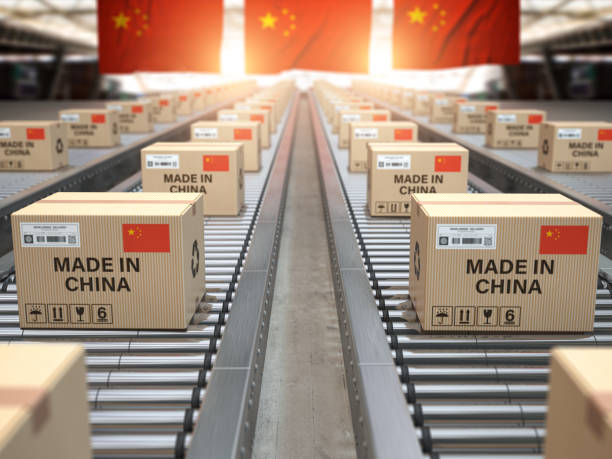Shanghai, Beijing, Hong Kong, Shenzhen, and Guangzhou anchor the world’s busiest industrial and logistics corridor. These cities aren’t just where finished goods depart, they’re where global manufacturers shop for raw materials, tooling, components, electronics and heavy equipment. Private investigators in China explain that international business deals have skyrocketed in these regions, and report an important increase in business risks derived from all this trade.
These ports cargo capacity illustrate the scale: in 2023 Shanghai handled 49.16 million twenty-foot containers (TEU), ranking #1 worldwide; Ningbo processed 35.30 million (#3), Shenzhen 29.88 million (#4); and Guangzhou 25.41 million (#5), according to the World Shipping Council’s Top 50 Ports. Verifying the businesses that operate or ship here is a monumental task.
Beyond container counts, the region’s industrial gravity is massive. The Guangdong–Hong Kong–Macao Greater Bay Area (home to Shenzhen and Guangzhou) tallied roughly US$1.97 trillion in GDP and 86.9 million people, a scale comparable to major national economies. Buyers source everything from precision molds to advanced electronics here. Shenzhen is often called China’s “hardware Silicon Valley,” supplying world-class manufacturers, and prototyping in fast-paced ecosystems that speed ideas from sketch to shipment.
However, the same speed that makes deals easy can magnify the risks too. When volumes surge (for example, pre-holiday rushes or tariff headlines), bottlenecks and opportunists appear; in early 2025, Shenzhen’s Yantian terminal saw severe congestion as exporters raced deadlines—conditions that can entice fraudsters and drive costly mistakes.
How due diligence prevents losses—and even bankruptcy
For foreign buyers, a single misstep such as paying a large deposit to a fraudulent “factory,” accepting counterfeit certifications, or shipping products that later face IP trouble or sanctions problems—can be existential. A structured due diligence investigation in China helps you:
- Verify the company is real and solvent. Confirm legal registration with authorities, business scope, capital, tax status, operating history, and beneficial ownership (not just a trading shell).
- Validate capacity and quality. On-site inspections to confirm facilities, workforce, equipment, production lines, and QA procedures; sample and lot tracing to detect quality-fade.
- Authenticate licenses & certifications. Check ISO/CE/RoHS and sector permits with issuing bodies; verify test reports with labs (common area for forgery).
- Assess litigation, liens & regulatory exposure. Search local courts and regulatory bulletins for lawsuits, IP disputes, environmental penalties, labor cases, and customs irregularities.
- Reputation & management checks. Discreet interviews, trade references, payment behavior, politically exposed person (PEP) screening, and adverse media.
What Wymoo investigators do differently in China
Wymoo’s experienced investigators in Shanghai, Ningbo, Shenzhen, and Guangzhou provide international clients with thorough, independent due diligence investigations. Each case is tailored to reduce risk and deliver verified facts, not assumptions. Our process includes:
- Entity and representative verification: Confirming the company’s legal registration, business scope, and identity of directors or legal representatives.
- Address and operations check: On-site or discreet verification to ensure the company exists at the stated location and is conducting real operations.
- Document and identity verification: Authenticating passports, IDs, and any provided business or compliance documentation.
- Employment and education history check: Verifying known work and academic records of key individuals tied to the company.
- Criminal, sanctions, and court records: Searching criminal history, blocked persons lists, bankruptcy filings, litigation, and regulatory actions.
- Reference and reputation check: Contacting trade references and discreet sources to assess credibility, financial behavior, reputation and trustworthiness.
- Media background screening: Reviewing local and international press, online sources, and adverse media for reputational risks.
- Fraud screening: Identifying warning signs of scams, misrepresentation, or fraudulent practices before they cause financial loss.
The bottom line
These cities are unmatched markets for sourcing, and that scale attracts both world-class partners and high-risk pretenders. Independent, locally executed due diligence can dramatically reduce the chance of advance-fee fraud, counterfeit certifications, IP leakage, and delivery failures. In an ecosystem moving tens of millions of containers a year, trust and evidence is survival.
C. Wright
© Copyright Wymoo International. All Rights Reserved. This content is the property of Wymoo International, LLC and is protected by the United States of America and international copyright laws. Wymoo® is a registered trademark.




